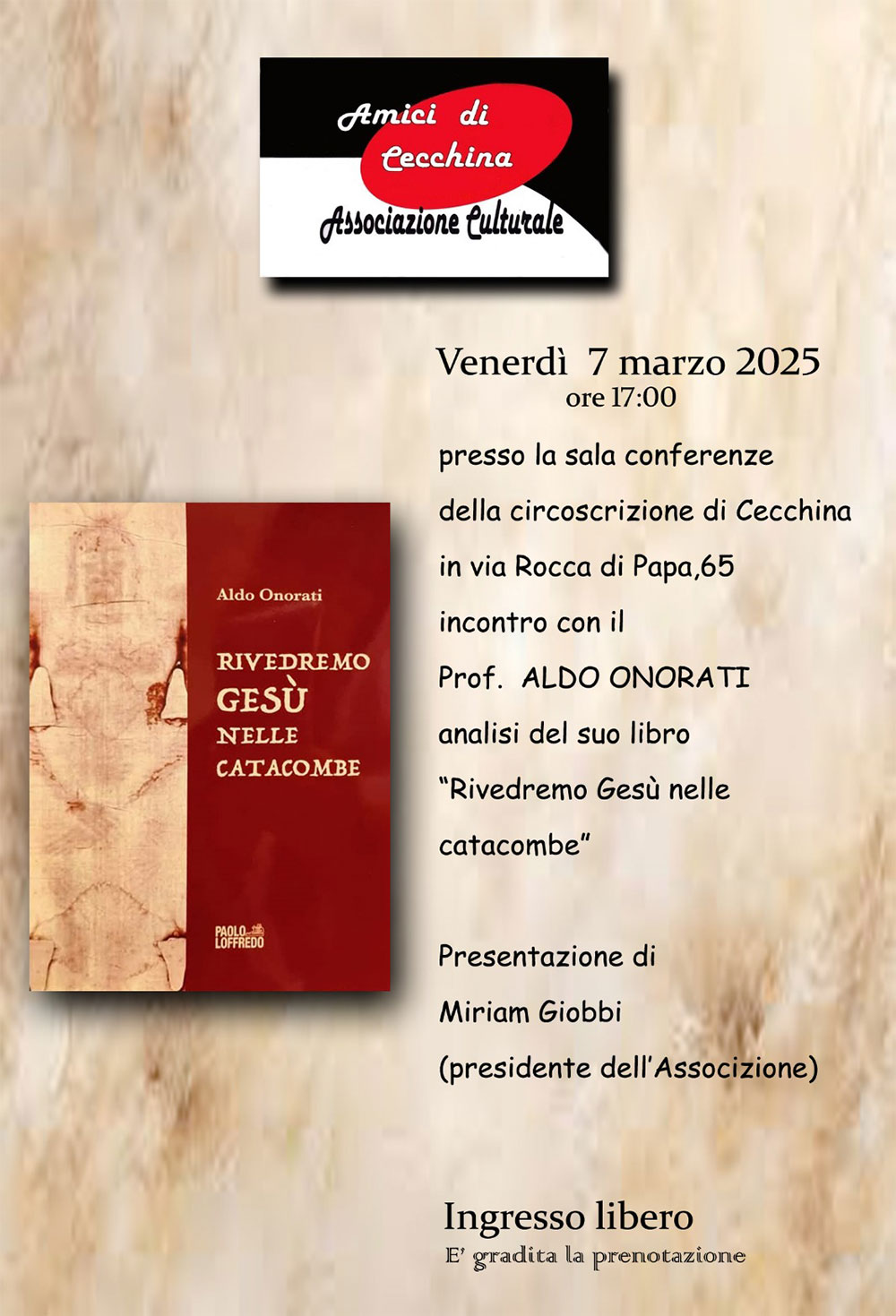 Paolo Loffredo, sixth generation of a large family of publishers and booksellers engaged in the production and distribution of books since the late nineteenth century, creates in 2012 the new editorial company Paolo Loffredo Editore. The historical site was until the '80s in the heart of the historic centre of Naples in Via San Biagio dei Librai, lower Decumano and also known as the SpaccaNapoli.
Paolo Loffredo, sixth generation of a large family of publishers and booksellers engaged in the production and distribution of books since the late nineteenth century, creates in 2012 the new editorial company Paolo Loffredo Editore. The historical site was until the '80s in the heart of the historic centre of Naples in Via San Biagio dei Librai, lower Decumano and also known as the SpaccaNapoli.
At the beginning of the twentieth century, Giuseppe Loffredo decided to add book selling to the book production, which definitively imposed itself after World War II with the publication of manuals for the University and for the School that succeeded in establishing themselves soon throughout Italy.
LAST EVENT
"Rivedremo Gesù nelle catacombe"
07 Marzo 2025 - Sala Conferenze circoscrizione di Cecchina - via Rocca di Papa 65, Albano Laziale (RM) - ore 17,00

Porcelio de’ Pandoni: l’umanista e i suoi mecenati. Momenti di storia e di poesia
ISSN 2611-2795
Language: Latin, Italian
Publisher: Paolo Loffredo Iniziative Editoriali Srl

Description
Book Preview
Reviews
Review by "Museum Helveticum - Université de Lausanne"
Review by Bryn Mawr Classical Review
Porcelio de’ Pandoni: l’umanista e i suoi mecenati. Momenti di storia e di poesia
This volume stems from the desire to bring back to the attention of scholars and cultural fruition the poetic production of Porcelio de 'Pandoni, thus filling a void particularly felt in the wide panorama of the studies dedicated to Humanism in Latin. The poetic production of the Pandoni, although strongly focused on the historical-encomiastic poem, is varied and open to experimentation with forms and genres, enriched by remarkable and unexpected interests, such as numismatics and the history of art, so alongside the poems for the Aragonese sovereigns (Alfonso the Magnanimous and Ferrante), and for aristocrats, men of rank and leaders (for example, the Orsini and Piccinino) who are the fulcrum of this volume, figure a large production in verses of elegies, epigrams, hatreds and satire, which turns out to be particularly valuable; and there is also a prose production, of smaller size, which passes from the historical commentaries to the treatise of numismatics and to the manual of the history of sculpture, in the vernacular. Recognizes the Pandoni, therefore, the recognition of the role it had since the thirties of the fifteenth century within the circuit of intellectuals who were active in the courts of the Lords of Italy. The studies and poetic materials collected in this volume aim to illuminate a part of the humanist's production, especially on the side of epic-celebratory poetry, but also try to add pieces to the knowledge of his biography and his compositional technique, supported not without originality also from a strenuous classicism of Virgilian brand .
Author
Antonietta Iacono is an associate professor of Medieval latin literture and Humanistic studies at University of Naples Federico II. She has been carrying on critical, philological and literary surveys on humanistic writings, following such guidelines: neolatin literature models reception and reuse; problems in latin writings; humanistic storiography; humanistic-reinassance literature and culture, Laudes Urbium and local rhetoric.
Her works are characterized by a philological-erudite methodology (critical editions, comments, biographic studies and so on), and by the focus on historical and cultural reconstruction, with a particular focus on authors such as Giovanni Pontano, Iacono Sannazzaro, Lorenzo Valla, Procelio de’ Pandoni, Zanobi Acciaioli.














